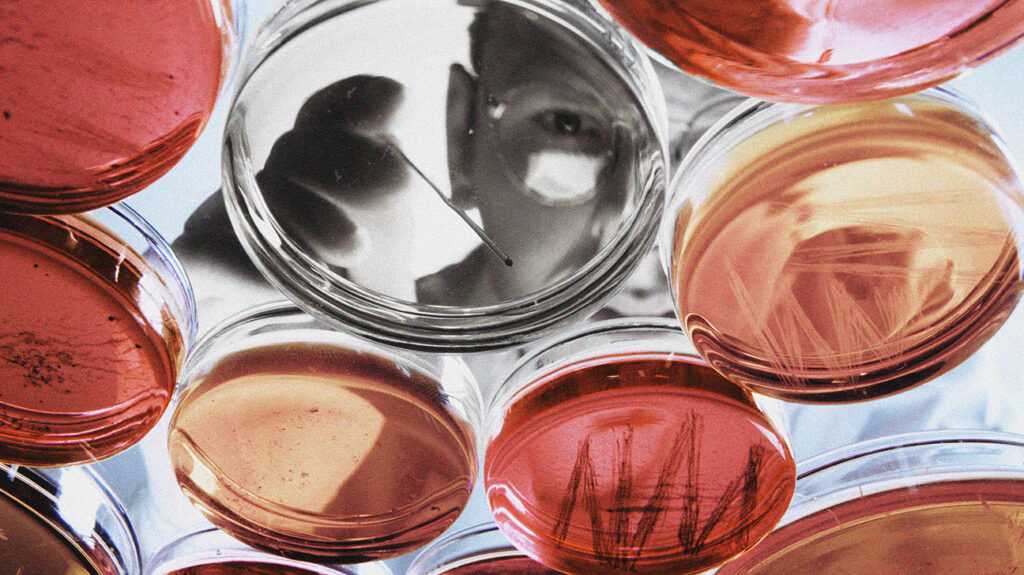More than 140,000 numerous viruses reside in the human gut
27 February, 2021

The community of bacteria, viruses, and other microorganisms that produce their house in the individual intestines is called the gut microbiota.
Scientists understand that gut bacteria are actually intimately involved in health and disease. These bacteria possess effects on the metabolism, the immune system, and the nervous system. Occasionally, they are likely involved in a wide selection of illnesses and conditions, including malnutrition, cardiovascular disease, obesity, and multiple sclerosis.
Scientists know significantly less about gut bacteriophages, which are the viruses that prey on these bacteria, though their influence on a good person’s health is likely to be equally profound.
Furthermore to regulating the populace sizes of numerous bacterial species in the gut, bacteriophages drive evolutionary change in bacteria by transferring genes between species.
However, the diversity of viruses residing in the human gut, their prevalence, and their results over human health remain largely unknown.
To close this understanding gap, scientists at the Wellcome Sanger Institute and the European Bioinformatics Institute, both in Hinxton, United Kingdom, have developed what they consider to be the most comprehensive assortment of human gut phage genomes on the planet.
Collective genetic sequences
They discovered and classified viral DNA in 28,060 human gut “metagenomes,” which will be the collective genetic sequences of entire communities of organisms living inside individuals. The metagenomes originated from around the world.
In addition they analyzed the genomes of 2,898 distinct strains of isolated and cultured human gut bacteria.
Their Gut Phage Database currently contains over 140,000 distinct viral genomes, more than half of which were previously unknown to science.
Almost all of the samples that the team analyzed were from healthy persons. The viruses the team discovered mostly work with DNA as their genetic material, unlike pathogens, such as for example SARS-CoV-2 or Zika, that use RNA.
“It’s important to remember that not all viruses are harmful but represent an integral element of the gut ecosystem,” says among the researchers, Dr. Alexandre Almeida, a postdoctoral fellow at European Bioinformatics Institute and the Wellcome Sanger Institute.
“It’s fascinating to observe how various unknown species live in our gut and to try and unravel the hyperlink between them and individual health,” he adds.
Antimicrobial therapies
Other scientists will be able to utilize the new database to investigate how viruses affect the “gut microbiome” - the collective genome of all microorganisms in the gut - and hence human health. For example, it could bring about the production of bacteriophage-established therapies that target disease-causing gut bacteria.
“High-quality viral genomes pave the way to better know very well what role viruses take up inside our gut microbiome, including the discovery of new procedures, such as antimicrobials from bacteriophage origin,” explains first author Luis F. Camarillo-Guerrero from the Wellcome Sanger Institute.
The database is an additional step towards identifying associations between the gut microbiome and individuals’ lifestyle, age, and diseases.
A report reported by Medical News Today in 2020 found that the communities of viruses in the gut are highly variable and probably one of a kind to each individual.
The new research shows that the composition of gut phages also varies by lifestyle. The scientists learned that phages from persons living in cities tended to focus on a bacterial genus referred to as Bacteroides. On the other hand, those from persons in nonurban areas (among rural and hunter-gatherer communities) favored a family of bacteria called Prevotellaceae.
The analysis also revealed that as the most gut bacteriophages can only infect a single bacterial species, around 36% will probably infect many numerous species.
These broad tastes may permit them to transfer bacterial genes between distantly related species in the individual gut, say the authors. This may facilitate the rapid spread of evolutionary adaptations through the microbiome.
Source: www.medicalnewstoday.com
TAG(s):
